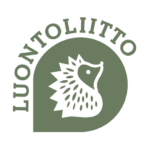Luontoliitto
in English

The Finnish Nature Association (Luontoliitto in Finnish) is a nationwide non-governmental nature and environmental protection organization for children and the youth. Most of our members are between 5 and 29 years of age. We offer opportunities to enjoy nature and influence environmental issues. We do persistent nature conservation and environmental impact work all over Finland.
The Finnish Nature Association is the voice and power of children and young people for nature. We reach tens of thousands of young people every year and offer them opportunities to enjoy nature and influence environmental issues.
The Finnish Nature Association is one of the few nationwide environmental NGOs in Finland, and the only one mainly emphasizing youth environmental work. The Finnish Nature Association is a politically and organizationally independent youth organization of the Finnish Association for Nature Conservation (Suomen luonnonsuojeluliitto), the biggest national ENGO in Finland. The Finnish Nature Association has around 6 800 members, eight regional, and two local organizations in Finland.
What we do
Environmental education is at the centre of our activities. We organize nature camps and other nature-themed activities for children and the youth.
- Afternoon nature clubs for children
- More than 200 school visits every year
- Environmental action groups for the youth – we support activities in more than 160 clubs.
- Around 70 nature camps every year
- Various kinds of hiking trips and nature excursions for the youth and young adults
The Finnish Nature Association acts as a general environmental non-governmental organization (ENGO), monitoring the state of the environment within the limits of its resources. Most of the work is done by voluntary youth and student activists. As one of the national ENGOs, the Finnish Nature Association participates regularly in various administrational processes as a committee member or as an expert advisor. The organization also monitors activities of the relevant authorities in its key areas of expertise. These include:
- Campaigning for the Baltic Sea ecosystem and sustainable fishing
- Old-growth forest protection and sustainable use of Finnish forest resources
- Environmentally sustainable transportation
- Raising awareness of the living conditions of large wild carnivores local to Finland, including bears, wolves, wolverines, and lynx
- Energy and climate issues
- Development cooperation, fair trade, and multiculturalism
- Environmentally sustainable consumerism and anti-consumerism
Courses in environmental education for the youth, students and adults
- Courses on running a nature club
- Courses for those who want to work as nature camp leaders on our camps
- Courses on nature and exploring the wilderness
- Courses on environmental education for interested young adults
- Courses on specific biological and environmental themes
- Commercial courses focusing on environmental education for professionals in the fields of child care and education
Publishing
- Guidebooks and various other materials on nature themes, such as hiking and birdwatching, and on environmental themes, such as energy issues
- Material encouraging youth environmental participation and citizenship
- Two magazines: Children’s nature magazine Sieppo, and youth magazine Nuorten Luonto
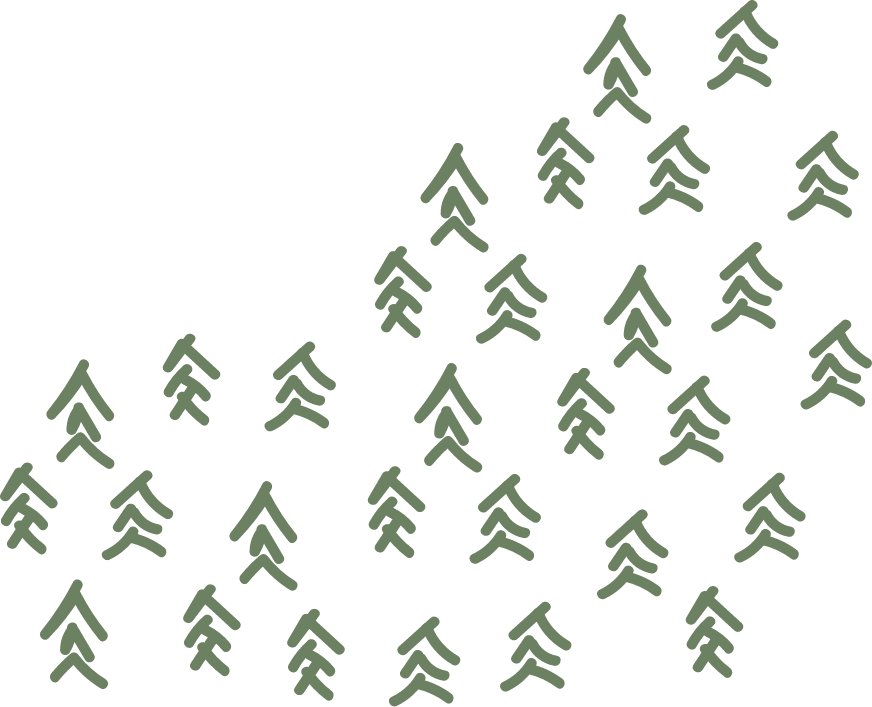
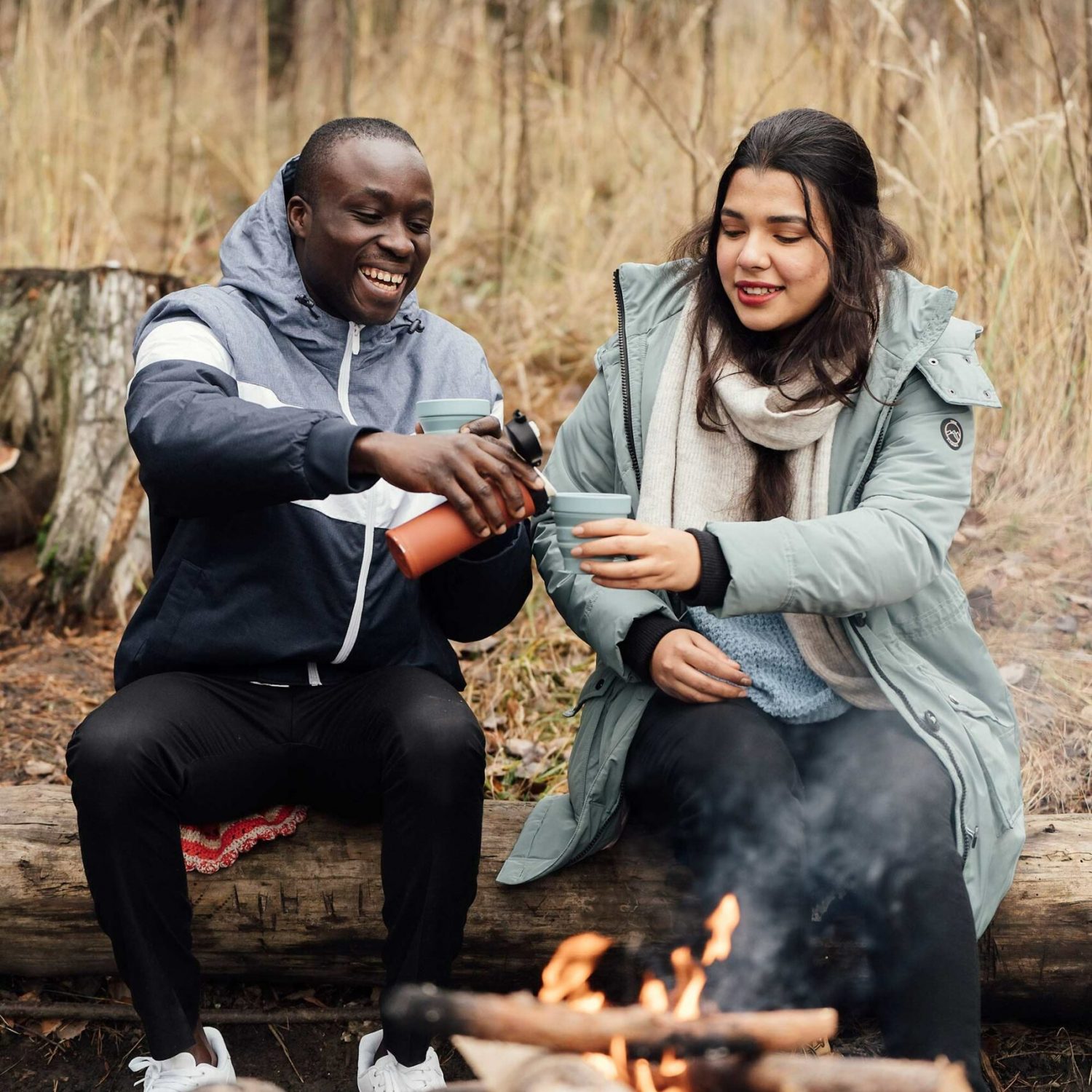
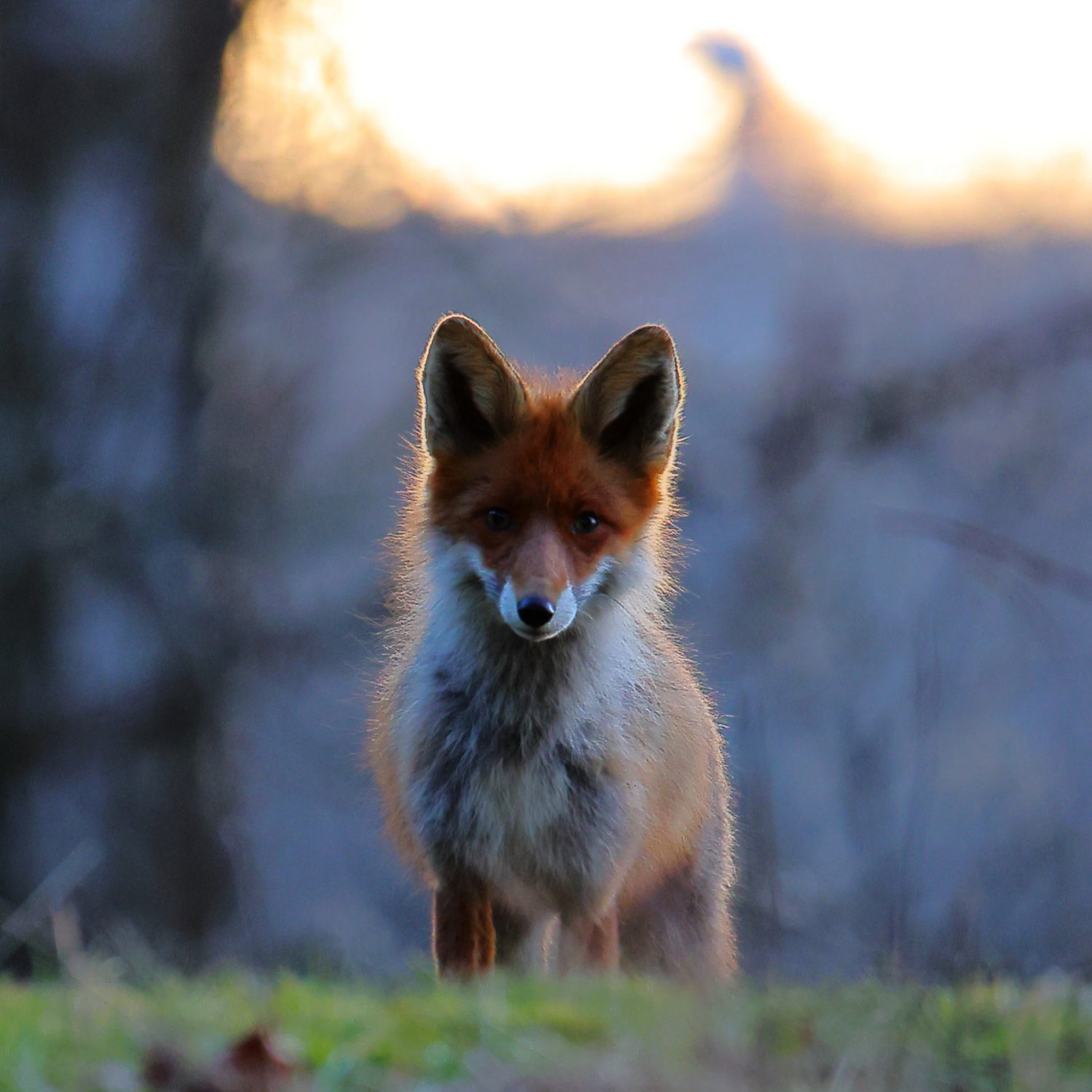
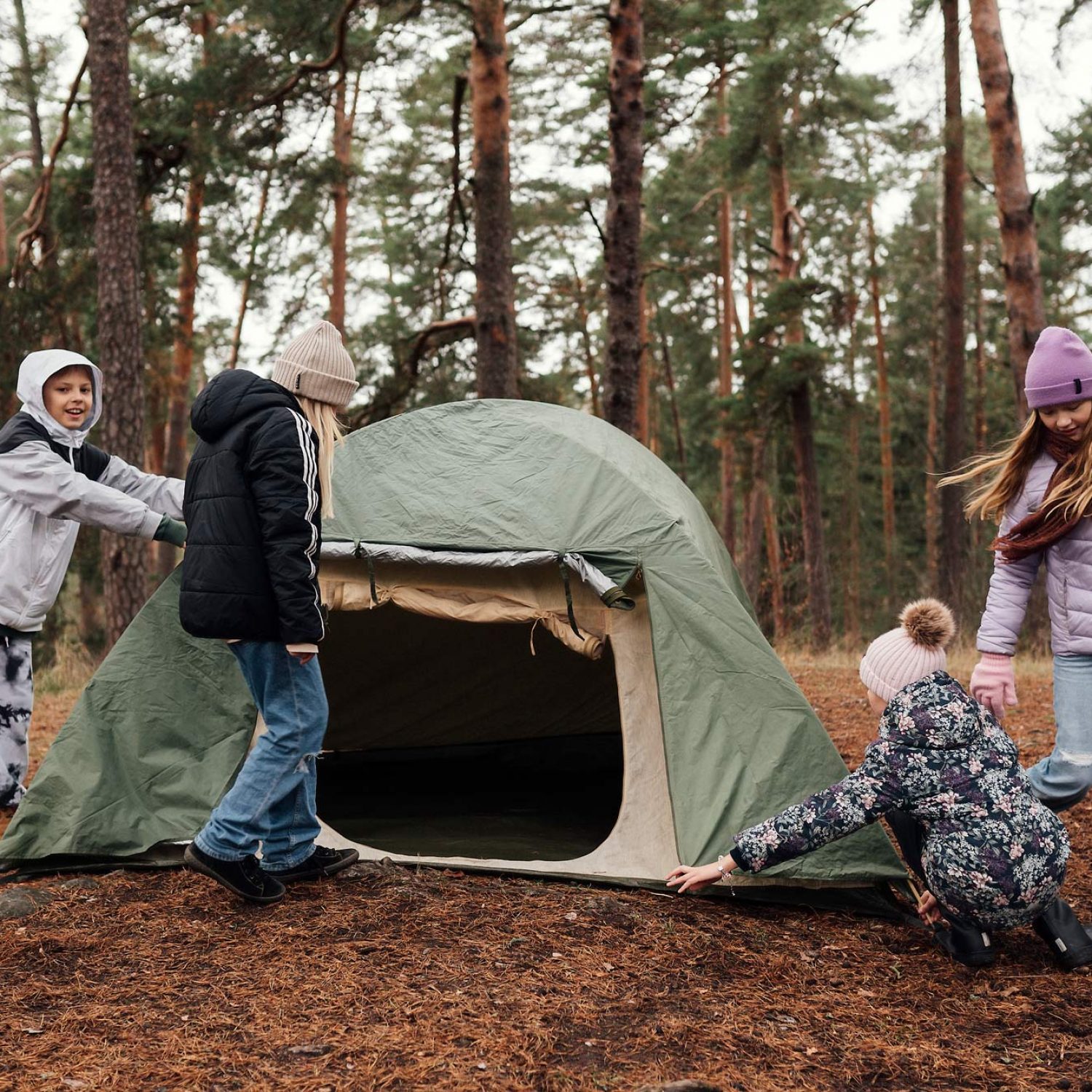
Get involved
By becoming a member of the Finnish Nature Association, you can participate in our versatile activities. All members will get our children’s magazine Sieppo or our youth magazine Nuorten Luonto. Members will also be able to purchase all of our materials and participate in our camps, courses, trips and other events at a lower price. The actual membership of the Finnish Nature Association is mainly meant for people under the age of 29. If you are older than that, you can become a supporting member instead. The subscription for both actual and supporting members is €29, for students €28. Become a member: www.luontoliitto.fi/liity
Our national action groups
In the Finnish Nature Association’s national action groups, you can work on nature conservation and influencing environmental policy. You can join activity groups regardless of where you live!
Action groups do important work for the environment, for example by spreading information and influencing attitudes. In groups, you get to do concrete nature conservation work in the form of, for example, setting up predator fences, nature mapping, and renovation, restoration, and cleaning tasks. Action groups also organize courses, trips and camps.
There are 6 action groups:
- Forest Group – The Forest Group promotes forest protection in Finland and its surrounding areas
- Wolf Group – The Wolf Group looks to protect endangered wolves and other large carnivores
- Nature Hobby Group – The Nature Hobby group offers materials and inspiration for trips and camps
- Baltic Sea Group – The goal of the Baltic Sea Group is to have a cleaner and more diverse Baltic Sea.
- River/Stream Group – The River/Stream Group works for diverse river/stream nature
- Climate Group – The Climate Group unites young people to fight against the climate crisis.


80 years of the history of the Finnish Nature Association
The Finnish Nature Association was founded in 1943 as an alliance of science clubs. However, right from the start, there were more birdwatchers, plant collectors and insect catchers in the Nature Society than chemistry, physics and astronomy enthusiasts.
Decision-making in the Finnish Nature Associationis based on the cooperation of the federal council, the government, local districts and regional organizations.
Safer space principles for the Finnish Nature Association's events
Be open to others and be aware of your own biases.
Face new topics and people without prejudice, take new situations as an opportunity to learn new things and develop. Try to become aware and recognize your attitudes and how they affect how you treat others.
Respect everyone, including yourself.
Respect everyone’s boundaries, both mental and physical. Asking is the only way to know another person’s limits/boundaries. Remember that people’s backgrounds, experiences and perspectives are different. Pay attention to your choice of words and use of humour. Do not touch anyone without permission, and do not make disrespectful comments about others’ or your own body. Saying no means no. Stop or change your behavior if the other person asks you to.
Avoid making assumptions about other people.
People unconsciously make assumptions. Remember that an assumption is not knowledge and thus avoid making them. Instead, let everyone define themselves. Do not make assumptions about, for example, other people’s gender, experiences, abilities, background, health or wellbeing, ability to cope, or life situation. Let everyone decide what they want to say about themselves.
Recognise your own power and privilege.
Try to act in such a way that you take your position into account in your behavior. Your privileges may be related to e.g. skin colour, language, citizenship, gender, age, functional ability, disability or socio-economic background. Know that knowledge is also power and strive for open and transparent information sharing.
Intervene in situations where a safer state is not realized.
We are all collectively responsible for creating a safer space. If you notice harassment or other inappropriate treatment, intervene. If you need help and support to deal with the situation, contact the organisers of the event.
Encourage and give everyone equal space – Remember to say thank you.
Listen, encourage and give everyone space. Try to use language that everyone understands and explain if someone doesn’t understand. Try to make it possible for everyone to participate in activities and discussions, including the quieter ones. Let’s nurture the culture of giving thanks together and celebrate successes.
Do your best, that’s enough.
Everyone makes mistakes sometimes – the most important thing is to do your best and be willing to bear responsibility, become aware and correct your actions. It’s allowed to be wrong and it’s important to ask if you don’t understand. Let’s support each other and rock together.
The contact person for The Finnish Nature Association’s safer space is Sami Säynevirta sami.saynevirta@luontoliitto.fi
